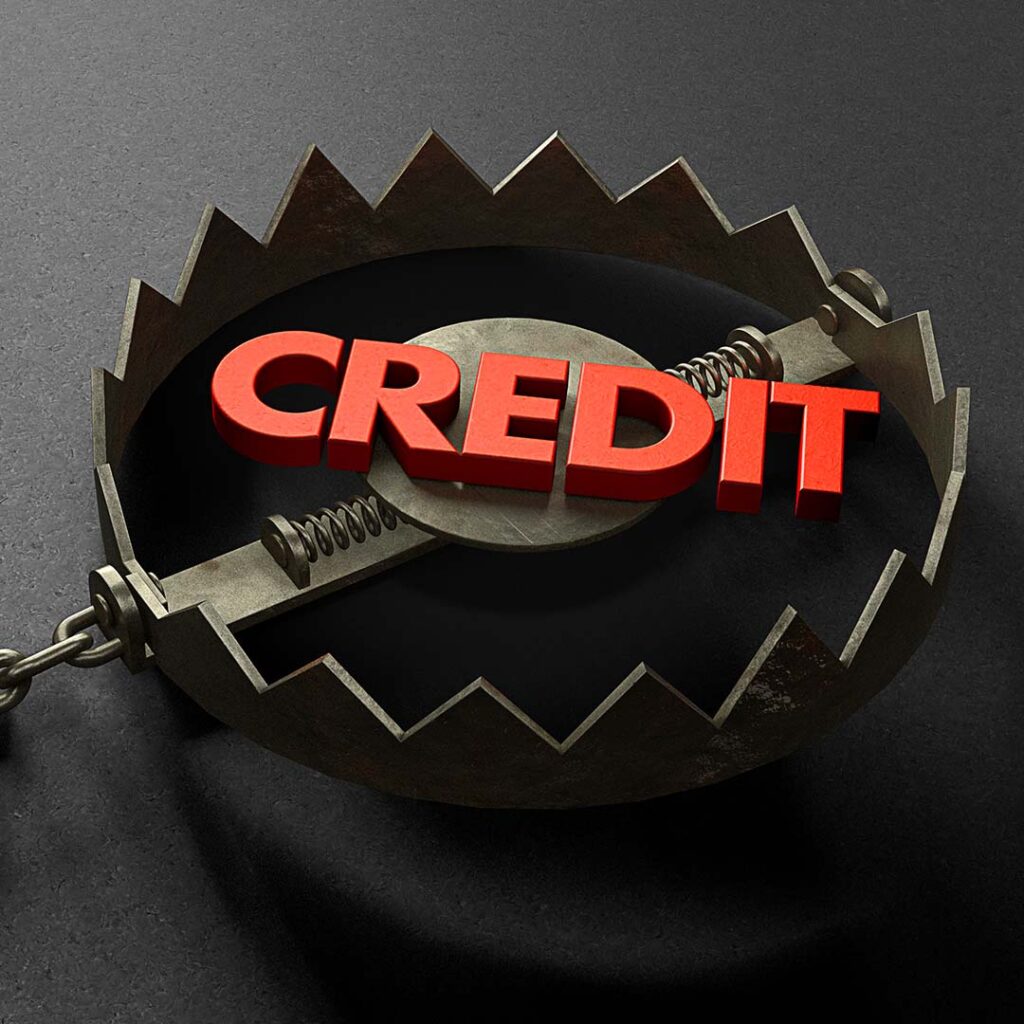The Power of Budgeting: How to Take Control of Your Finances
Mastering the Art of Budgeting: Tips and Strategies for Achieving Financial Freedom
- May 6, 2023
- Anonymous
- Financial Solutions
When it comes to managing your finances, one of the most important tools you can use is budgeting. A budget is a plan for how you will spend and save your money. It helps you to take control of your finances and make sure that you are living within your means. In this blog post, we will explore the power of budgeting and how you can use it to take control of your finances.
Why Budgeting is Important:
There are many reasons why budgeting is important. One of the main reasons is that it helps you to avoid overspending. When you have a budget, you know exactly how much money you have to spend each month. This means that you can avoid overspending on things that are not necessary and focus on the things that are important.
Another important reason to budget is that it helps you to save money. By setting aside a certain amount of money each month for savings, you can build up an emergency fund or save for future expenses like a down payment on a house or a new car.
Budgeting also helps you to plan for the future. By looking at your income and expenses, you can determine how much money you will have available in the future and plan accordingly. This can help you to make important decisions like whether to take on a new job or whether to go back to school.
Finally, budgeting can help you to reduce stress. When you have a plan for your money, you don't have to worry about how you will pay your bills or whether you will have enough money to cover unexpected expenses. This can help you to feel more in control of your finances and reduce stress in your life.
How to Create a Budget:
Creating a budget is relatively easy. The first step is to determine your income. This includes any money you earn from your job, as well as any other sources of income like rental income or investments.
Next, you need to determine your expenses. This includes all of the money you spend each month on things like rent, utilities, groceries, and entertainment. Make sure to include all of your expenses, even small ones like a daily coffee or a subscription to a streaming service.
Once you have determined your income and expenses, you can create a budget. Start by subtracting your expenses from your income. This will give you your net income for the month. From there, you can allocate your money to different categories like housing, food, transportation, and savings.
It's important to be realistic when creating your budget. Don't underestimate your expenses or overestimate your income. If you are unsure about how much to budget for certain categories, do some research to get a better idea.
Tips for Sticking to Your Budget:
Creating a budget is one thing, but sticking to it is another. Here are some tips for staying on track with your budget:
Track your spending: Keep track of your spending each month so that you can see how well you are sticking to your budget. There are many apps and tools available to help you with this.
Avoid impulse buys: Before making a purchase, ask yourself if it is something you really need or if it is just an impulse buy. If it’s the latter, put the item back and save your money.
Find ways to save: Look for ways to save money on your expenses. For example, you could cut back on eating out or find a cheaper cell phone plan.
Make adjustments: If you find that you are consistently overspending in a certain category, adjust your budget accordingly. Maybe you need to cut back on eating out or find a cheaper place to live.
Reward yourself: Finally, don’t forget to reward yourself for sticking to your budget. Set aside a small amount of money each month for something fun like a night out or a new outfit
Important Readings
Understanding What Documents to Submit with Form W-7
More Information
Trust the process and be with Smart Family Financial Solutions
Your Trusted Financial Advisor - Expert guidance and personalized solutions for your financial goals. Let SFFC help you secure your financial future.













